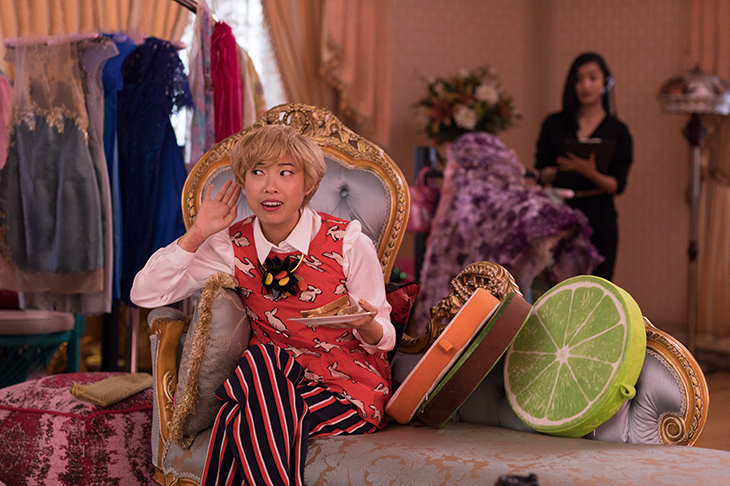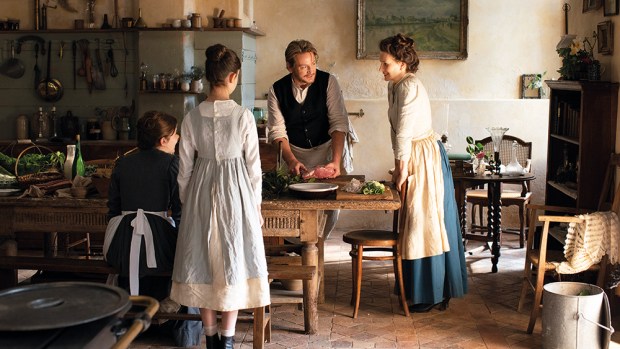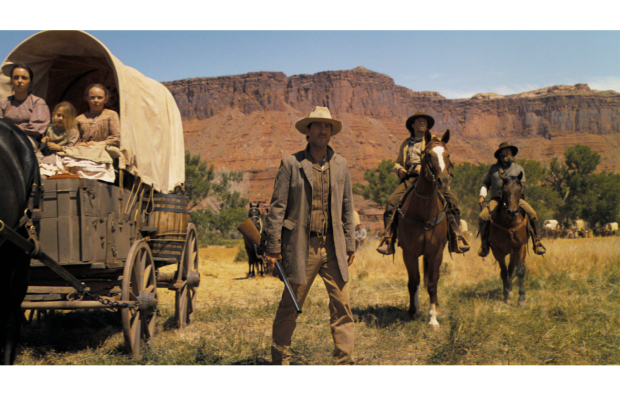The cast and producer of Crazy Rich Asians were present at the screening I attended and said a few words to kick us off. At this point the film — the first with an Asian-American principal cast since The Joy Luck Club in 1993 — had been number one in America for three weeks, so they talked about a ‘cultural shift’ and how this was ‘as much a movement as a movie’.
Already a subscriber? Log in
Subscribe for just $2 a week
Try a month of The Spectator Australia absolutely free and without commitment. Not only that but – if you choose to continue – you’ll pay just $2 a week for your first year.
- Unlimited access to spectator.com.au and app
- The weekly edition on the Spectator Australia app
- Spectator podcasts and newsletters
- Full access to spectator.co.uk
Or
Unlock this article
You might disagree with half of it, but you’ll enjoy reading all of it. Try your first month for free, then just $2 a week for the remainder of your first year.














Comments
Don't miss out
Join the conversation with other Spectator Australia readers. Subscribe to leave a comment.
SUBSCRIBEAlready a subscriber? Log in